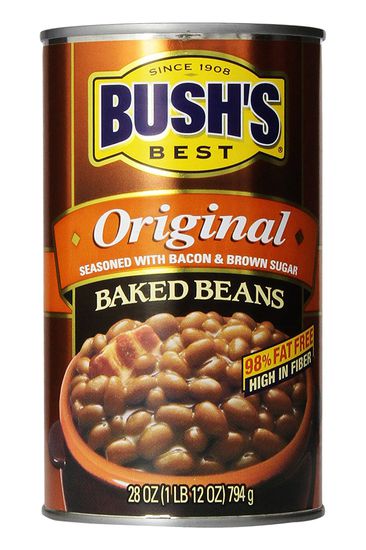Food for Thought
It isn't easy to stay healthy. Not only is it often pricier and more time-consuming to eat nutritious meals, it can also be exceedingly difficult to determine just what foods are nutritious in the first place. These brands and products don't make the process any easier by subtly trying to shape consumers' perceptions with bogus nutritional claims.
























